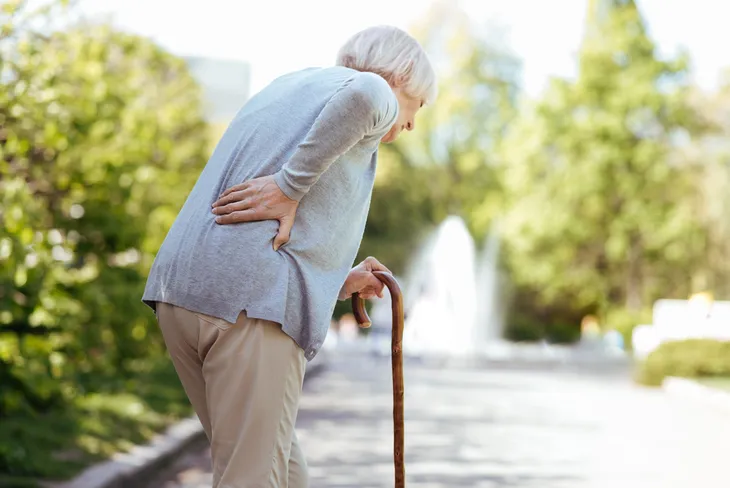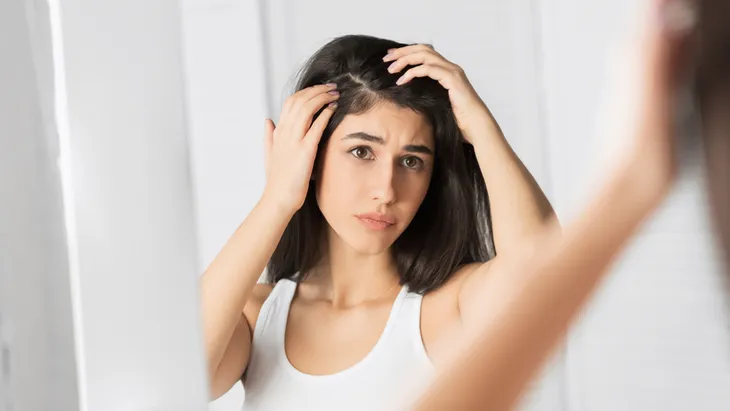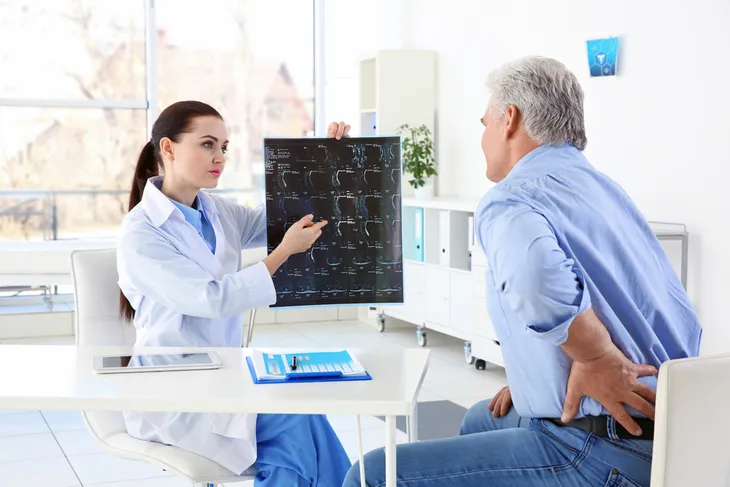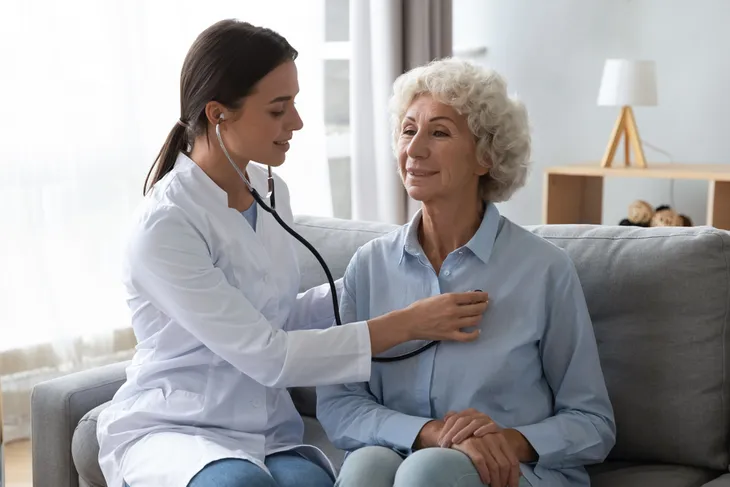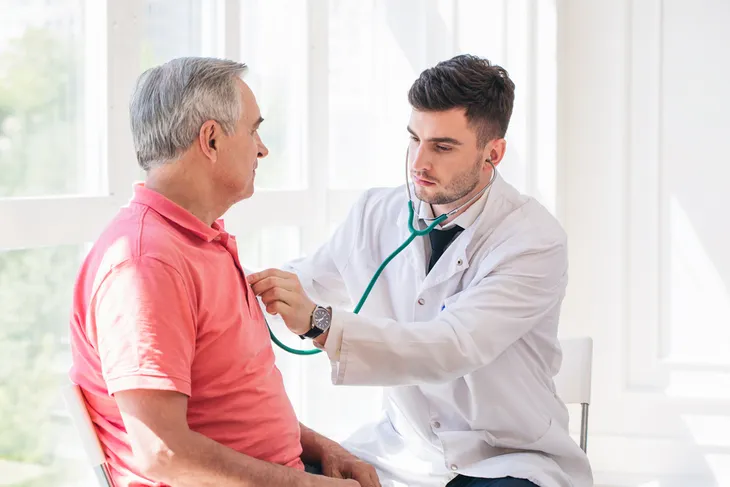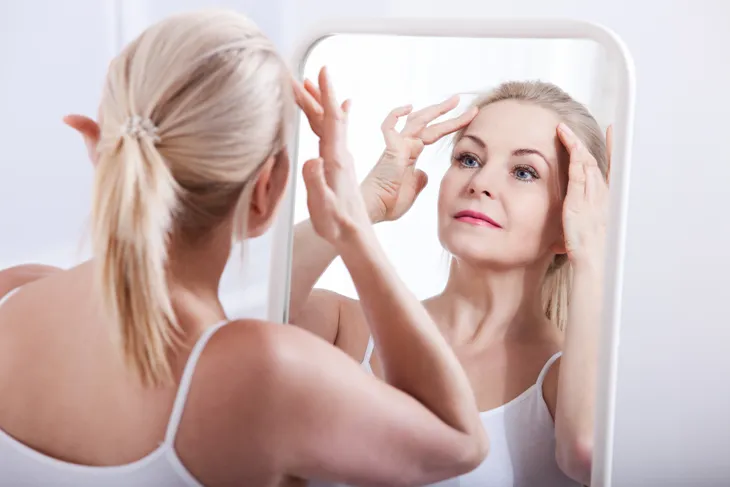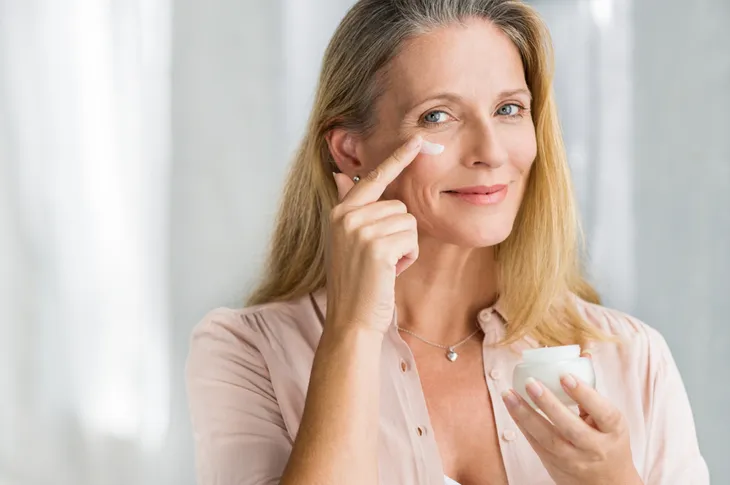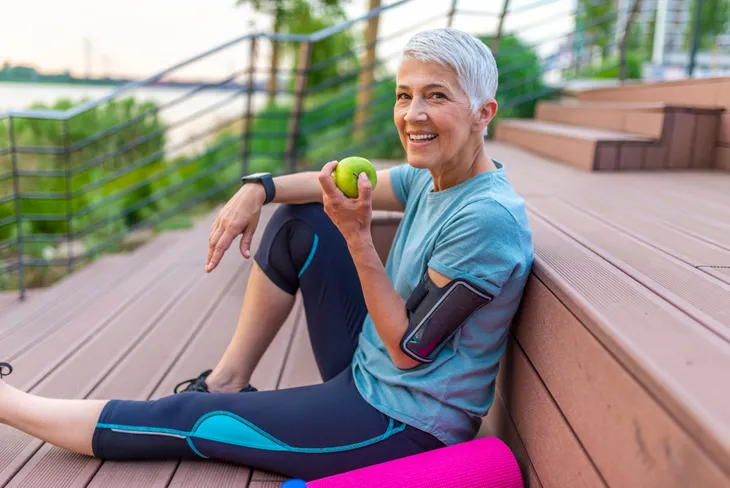There’s nothing more inevitable and natural than aging. It’s the one thing we’re all going to deal with, no matter how much you try to prevent or delay it. Growing older comes with a ton of physical, mental, and emotional changes that can make you wonder why they’re happening in the first place.
You might be wondering whether the changes you’re experiencing are normal. Or maybe you’d like to know what physical changes lie ahead as you get older. Here are some answers to common questions about aging.
Why Is My Body Slowing Down?
A person’s body is a lot different in their 60s than it was in their 20s. A big contributor to that decline has to do with metabolism. According to Healthline, your metabolism is comprised of all of the chemical reactions that keep your body alive.
Several factors slow down your metabolism as you grow older, therefore slowing down your entire body. Researchers have found that less physical activity and muscle loss are two major factors that impact metabolism. While other things do contribute to its decline, the effects are minor in comparison.
How to Prevent Metabolic Aging
There are things you can do to slow down the effects of aging on your metabolism. One of those things is by exercising. For example, resistance training, weight lifting, and high-intensity interval training are three exercises that can help preserve muscle mass.
Older adults tend to eat less food as they grow older, which decreases caloric intake and depletes muscle mass. Make sure you’re eating enough calories each day to prevent this from happening. Healthline lists other ways to combat metabolic aging, which includes:
- Getting lots of sleep.
- Eating protein-rich foods.
- Drink green tea.
Will I Lose My Hair?
Not only will your hair turn gray as you get older, but it may also stop growing back. Hair loss and thinning are something many people experience as time goes on. Mayo Clinic says we typically lose 50 to 100 hairs a day. Hair loss occurs when the hair doesn’t grow back, which can happen for both health and hereditary reasons.
Men are more likely to go bald, while women typically see thinning along the hairline and part in their hair. Women tend to lose hair due to hormonal and medical changes such as pregnancy, menopause, or thyroid problems.
To avoid excess hair loss, be gentle with your hair and ask your doctor whether hair loss is a side effect of your medications.
Why Do People Shrink As They Grow Older?
Just because you’re 6-feet tall at age 35, doesn’t mean you will still be 6-feet tall at age 75. This is because height often changes as you get older. Cleveland Clinic says, “the discs between your spine’s vertebrae flatten, your muscles start to lose mass, and the spaces between your joints narrow.”
Normal height loss is anywhere from 1/2-inch to 3/4- inch. Something that isn’t normal is a significant loss in height, which people may wrongly dismiss as aging. Rather, it’s usually due to osteoporosis, a medical condition that weakens bones and puts you at risk of fractures.
Preventing Osteoporosis
You’ll want to make sure your bone health is a priority as you grow older. Cleveland Clinic recommends getting 1,200-milligrams of calcium per day to prevent bone loss. Keep your muscles moving with regular exercise which can strengthen your bones.
Doctors can also screen for bone density to see if any treatments are necessary. This evaluation usually starts when women reach menopause in their mid-to-late 40s. Men start later in their mid-60s, or earlier if they broke any bones as an adult.
What Preventive Care Do You Need After 50?
Taking care of your health is important for all ages but as you reach your 50s and beyond there are some important health screenings you should do regularly to ensure you stay healthy. Men and women should book yearly screening blood work.
Integris Health says men and women should also consider the shingles vaccine at age 60 and the pneumonia vaccine at age 65. The yearly flu vaccine can also help protect you. If you’re not sure which vaccines you should get, talk to your doctor.
What Preventive Care Do Women Need?
Women should get “a Pap smear every five years from the ages of 30 to 65 (unless there are other risk factors, which means more frequent Pap smears, so talk to your gynecologist),” says Integris Health. Yearly pelvic exams are also recommended.
Women should also start getting mammograms at age 40 to screen for breast cancer and a colonoscopy to screen for colon cancer at age 50. Finally, bone mineral density testing is also a good idea starting at age 65.
What Preventive Care Do Men Need?
Integris Health says men should consider taking baby aspirin daily at age 45 if they have risk factors for heart attack. Daily aspirin may help lower your risk of a heart attack. But as always, it’s important to talk to your doctor before taking any new medications or supplements.
Men should also get a colonoscopy at age 50 unless they’re at risk and require it at a younger age. Finally, men who smoke should consider an abdominal aortic aneurysm ultrasound screening between the ages of 65 and 75-years.
Why Do Wrinkles Appear?
One of the most obvious signs of aging in adults is facial wrinkles. Whether it be crow’s feet, laugh lines, forehead lines, or anything in between, it’s a natural part of the aging process. Very Well Health says one of the factors has to do with collagen. It’s a protein that keeps skin tight, tendons flexible, strengthens muscle mass, and other important functions.
Our bodies start producing less and less collagen once we hit our mid-to-late 20s. When this happens your skin loses elasticity, leading to wrinkly skin on the face and body. Medical News Today says permanent grooves appear in mature skin once it loses flexibility and doesn’t spring back like it once could.
How to Prevent Wrinkles
Wrinkles differ from person to person. Not just in how quickly they form, but also in where they appear and how they look. The number of wrinkles you get can also depend on your genetics. You can take some preventative measures to reduce their development by:
- Protecting your skin from the sun.
- Moisturizing regularly.
- Not smoking.
- Consuming less alcohol.
- Limiting sugar and refined carb intake.
How Can I Age Gracefully?
No one can defy the aging process, but people can make some easy lifestyle choices that promote healthy aging. The World Health Organization defines healthy aging as, “the process of developing and maintaining the functional ability that enables wellbeing in older age.”
Keep in mind being free of disease or physical ailments is not a requirement for healthy aging, since many adults can live with and manage certain conditions. The idea is that a person is able to live a fulfilling life physically, socially, and mentally. To do this, you’ll want to take care of your body from the inside and out.
Does Your Diet Impact Aging?
Adults tend to eat less and less food as they grow older. According to an article published in the National Library of Medicine, this can be a problem. A lower food intake often leads to lower calcium, iron, zinc, B vitamins, and vitamin E. It can also decline energy levels and a number of health factors.
Since you’re eating less, you’ll want to consume foods that are high in nutrients, calories, and fiber. This does not mean fast food or desserts. Healthline says to prioritize foods such as:
- Fruits and vegetables
- Beans and lentils
- Whole grains
- Nuts and seeds
- Low-fat dairy
- Lean protein
And of course, drink lots of water to stay hydrated and maintain healthy skin.
What Are Some More Ways to Age Well?
Your diet is just the starting point when it comes to healthy aging. There are many factors and lifestyle choices that contribute to your physical and mental wellbeing.
For example, not smoking and limiting your alcohol intake can reduce your risk of developing certain diseases that shorten your life. Here are some other things you can do to age gracefully:
- Get enough sleep to regain energy levels.
- Wear sunscreen to prevent skin damage and cancer.
- Get regular exercise to lower your risk of disease.
- Take care of your mental health and lower stress levels.
- Find new hobbies and a sense of purpose.

